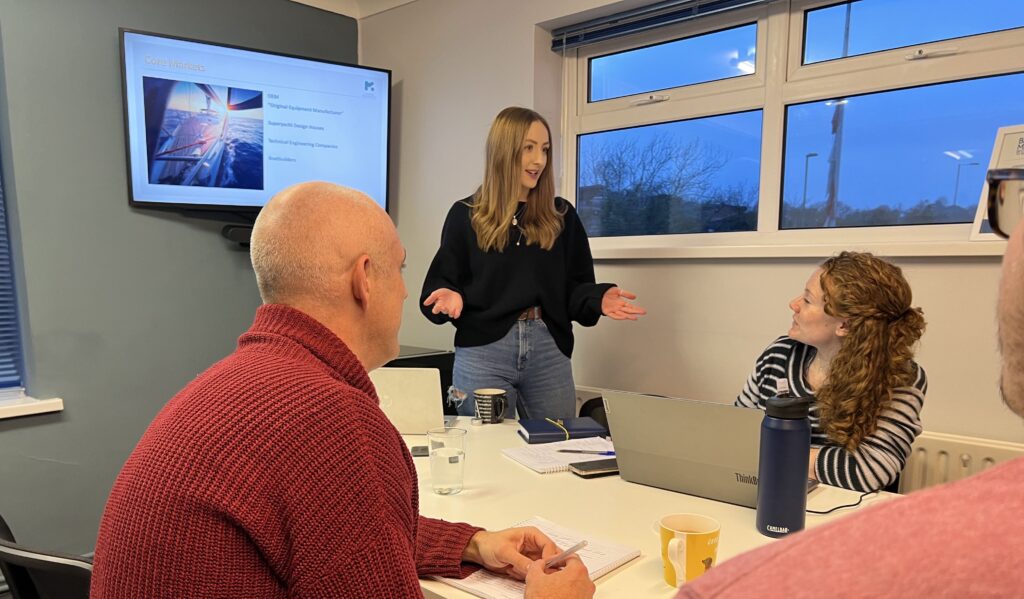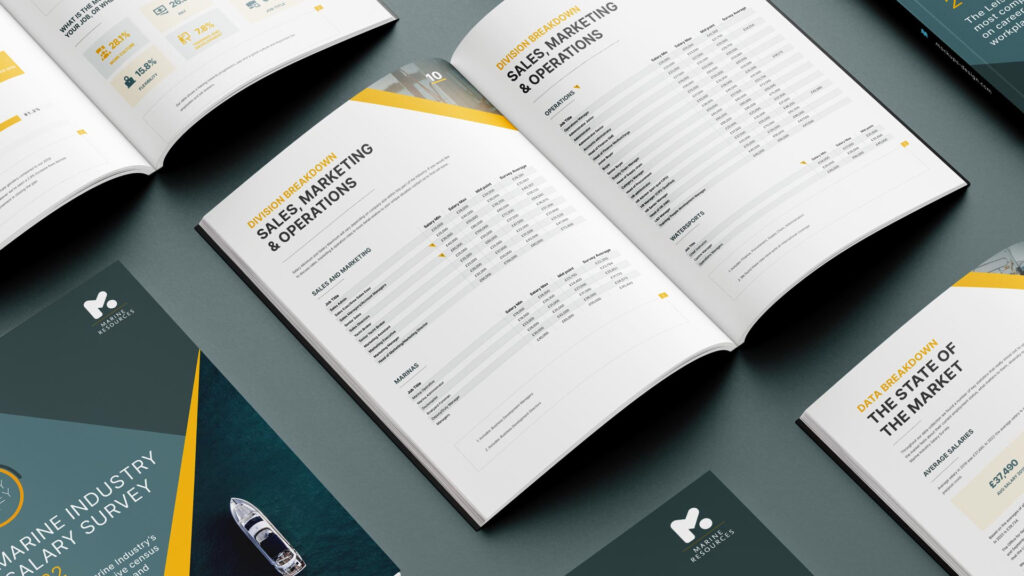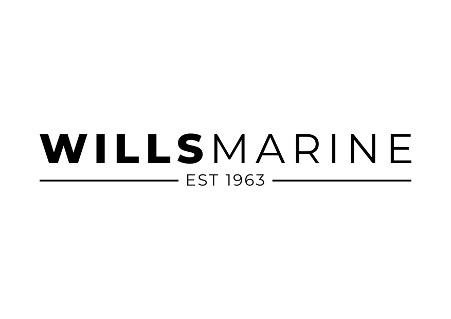Marine gender pay gap reduces, but lots more work to be done

In September 2022 Marine Resources released its latest salary survey. The data showed a rise in the average salary across the industry compared to September 2019. And now, the recruitment company has shared the gender pay gap disparities that the survey highlighted with MIN.
Unsurprisingly, there is still a significant marine gender pay gap, but it has reduced. Women are, on average, now paid 5.23 per cent less than men (2022), as opposed to 9.74 per cent less than men in 2019.
“That’s obviously going in the right direction, but it’s still not at zero per cent,” says James Ward, CEO and founder of Marine Resources.
While the company is looking to track trends with data rather than anecdotal evidence, the survey doesn’t paint a 100 per cent accurate snapshot (it received around 2,500 responses while British Marine estimates the industry directly supports 38,000 roles). However, Ward has access to multiple other supporting data from his business which, when taken across the piece, give him confidence that the pay gap data represents the roles women are taking, rather than a bias against women.
“I’ve never seen a gender pay gap difference, role for role,” Ward says. “One of the things that drives the pay gap in our industry is that we tend to see more women in the administrative roles, which tend to be slightly lower paid.
“Plus our [respondents’] gender split after the 2022 survey was 18 per cent women. The majority of those women are in administrative roles. We then have more men taking the survey [82 per cent] who are in higher-paid roles.
“The gender pay gap is really driven by the roles of the people who do the survey. However, we don’t see any difference in pay when it comes to STEM roles.” Ward cites briefing both clients and candidates about market rates in the course of day-to-day business for these STEM roles as proof – though this data wasn’t collated via the 2022 survey (as he says . . . most women respondents were in admin roles).
“I honestly don’t see any difference with the STEM role remuneration,” he says. “The role is the role.”
Aside from STEM, Ward says there is work to be done.

“I don’t think that there is any gender pay gap driven by an employer being negatively opportunistic. The key to really bring it down is that we need more women in a more diverse range of roles across the industry,” he says.
“We need to help and support the industry in terms of more flexible working, allowing women back into roles with more flexibility post having children (for example)- that sort of thing. The industry tends to offer more flexibility around administrative roles compared to other roles in our experience.”
Ward says his company is constantly working with clients to help them answer these challenges. He says more clients are asking for advice on how other companies are offering hybrid and flexible working, and how to support women coming back after maternity leave.
“They’re tuned into this sort of stuff which is driving the pay gap down as it’s allowing more opportunity for a diverse range of roles and earning higher salaries,” he says.
Education will help decrease gender pay gap
Marine Resources is also looking at making candidate shortlists as gender-neutral as possible and getting rid of unconscious bias.
“There’s an interesting fact,” says Ward about a LinkedIn survey from 2019, “that a man will apply for a role if he feels about 60 per cent confident he can do the job well, whereas a woman will only apply for a role if she feels confident she could 100 per cent do that role really well.”
That plays into the habit of many clients listing lots of ‘must haves’ on their initial adverts. When these are interrogated, Ward says clients agree that someone who is willing to learn and develop – even with little experience in a particular ‘must have’ area – is worth meeting.
“That means we have to look at job adverts to make them more inviting to women. It’s about structuring adverts to have fewer ‘must haves’ and to be more worded around the opportunity to learn and develop on the role.
“The wording makes quite a difference. A male will say ‘yeah, I’ll chuck my application in because I think I could have a go’ versus a woman who wouldn’t confidently do that.”
Ward believes that the marine industry needs to educate, and be educated, in how to approach processes from a more diverse angle. The company has a diversity champion embedded who offers advice on how to word job roles, descriptions and adverts to make them more gender-neutral and attractive and actually be aware of unconscious bias.
“It feels like the industry is more tuned into this and wants to be diverse,” says Ward. “It recognises the benefits of diversity. It’s a bit of a journey, but as an industry, we are very aware that we all have to do a bit of work on it and at an industry-wide level we need to accelerate this.
“It starts with awareness. The next step is education. The awareness piece is way bigger than it ever was. We are in a positive place as an industry, tuning into it. The more we talk about it, the more we can improve things as an industry to make it better.”











